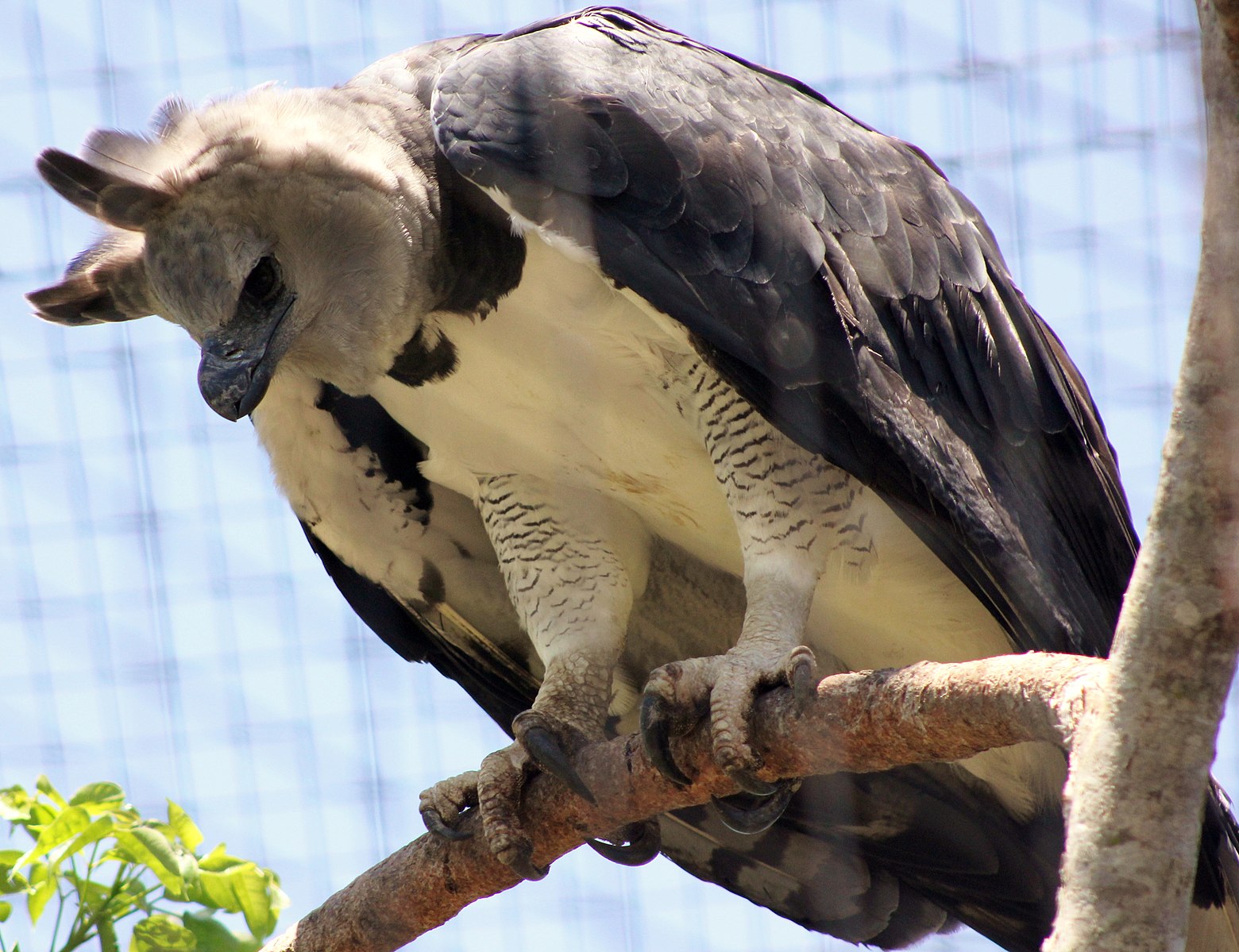Harpy Eagles, the majestic raptors of the Amazon rainforest, have long captivated the imagination of nature enthusiasts and conservationists alike. While their physical prowess and hunting abilities are well-documented, the question of whether these apex predators possess emotions has been a topic of ongoing debate. In this comprehensive blog post, we will delve into the latest research and explore the fascinating world of Harpy Eagle emotions.
Exploring the Emotional Capacity of Harpy Eagles
Harpy Eagles are known for their fierce and powerful demeanor, but do they experience emotions like other animals? The answer to this question is not as straightforward as it may seem. While there is limited research on the emotional lives of these birds, recent studies have provided some valuable insights.
Emotional Expressions in Harpy Eagles
One of the key ways to assess the emotional capacity of animals is by observing their facial expressions and body language. Harpy Eagles, with their distinctive features and imposing stature, do not display the same range of facial expressions as some other animals, such as primates. However, researchers have identified subtle cues that may indicate the presence of certain emotions.
For example, when Harpy Eagles are agitated or threatened, they may exhibit a more erect posture, fluffed feathers, and a piercing gaze. These behaviors could be interpreted as signs of stress or defensive emotions. Conversely, when Harpy Eagles are calm and relaxed, they may exhibit a more relaxed posture and a more subdued demeanor.
Behavioral Indicators of Emotion
In addition to physical cues, researchers have also studied the behavioral patterns of Harpy Eagles to gain insights into their emotional lives. While these birds are primarily solitary and territorial, they do exhibit some social behaviors that may be linked to emotional responses.
For instance, during courtship and breeding, Harpy Eagles engage in elaborate displays and vocalizations that could be interpreted as expressions of affection or bonding. Additionally, when caring for their young, Harpy Eagles have been observed exhibiting protective and nurturing behaviors, which may suggest the presence of parental emotions.
Neurological Correlates of Emotion
While the study of animal emotions is inherently challenging, recent advancements in neuroscience have provided new avenues for understanding the emotional capacities of various species. Researchers have begun to explore the neurological underpinnings of emotions in Harpy Eagles and other birds of prey.
Studies have shown that Harpy Eagles, like other birds, possess a complex nervous system with regions that are analogous to the mammalian limbic system, which is often associated with emotional processing. This suggests that Harpy Eagles may have the neurological capacity to experience basic emotions, such as fear, anger, and even affection, although the specific mechanisms and the extent of their emotional repertoire remain largely unknown.
Conserving Harpy Eagles: Balancing Respect and Understanding
 Image source: Harpy Eagle by cuatrok77
Image source: Harpy Eagle by cuatrok77
As we continue to unravel the mysteries of Harpy Eagle emotions, it is crucial to approach these magnificent birds with a deep respect for their wild nature. While it may be tempting to anthropomorphize their behaviors and ascribe human-like emotions to them, it is essential to remember that Harpy Eagles are not domesticated animals and do not form the same types of bonds with humans as pets or companion animals.
Responsible conservation efforts must strike a delicate balance between understanding the emotional capacities of Harpy Eagles and respecting their inherent wildness. This means avoiding practices that could disrupt their natural behaviors or compromise their well-being, such as excessive human interaction or captivity.
Instead, conservation strategies should focus on protecting and restoring the Harpy Eagle’s natural habitat, reducing threats from deforestation and human encroachment, and promoting sustainable practices that allow these birds to thrive in their native environments. By prioritizing the Harpy Eagle’s ecological needs and respecting their wild nature, we can ensure the long-term survival of these remarkable raptors and deepen our understanding of their emotional lives.
Conclusion
The question of whether Harpy Eagles have emotions is a complex and fascinating one, with ongoing research providing new insights into the emotional capacities of these majestic birds. While the extent of their emotional repertoire may not be fully understood, the available evidence suggests that Harpy Eagles do possess the neurological and behavioral foundations to experience basic emotions.
As we continue to explore the emotional lives of Harpy Eagles, it is crucial that we approach these birds with a deep respect for their wild nature and a commitment to their conservation. By balancing our understanding of their emotional capacities with the need to protect their natural habitats, we can ensure the long-term survival of these remarkable raptors and deepen our appreciation for the rich emotional tapestry of the natural world.
References:
- Worldbuilding.stackexchange.com, 2020-03-16, “I want my gryphons and birdfolk to have facial expressions. How?”.
- Onekindplanet.org, n.d., “Amazing Facts about Eagles”.
- Suecoletta.com, n.d., “Secret Life of Eagles”.
- ScienceDaily.com, 2021-01-27, “Harpy eagles could be under greater threat than previously thought”.
- Reddit.com, 2017-01-19, “Golden eagle enjoying a belly rub : r/aww”.


